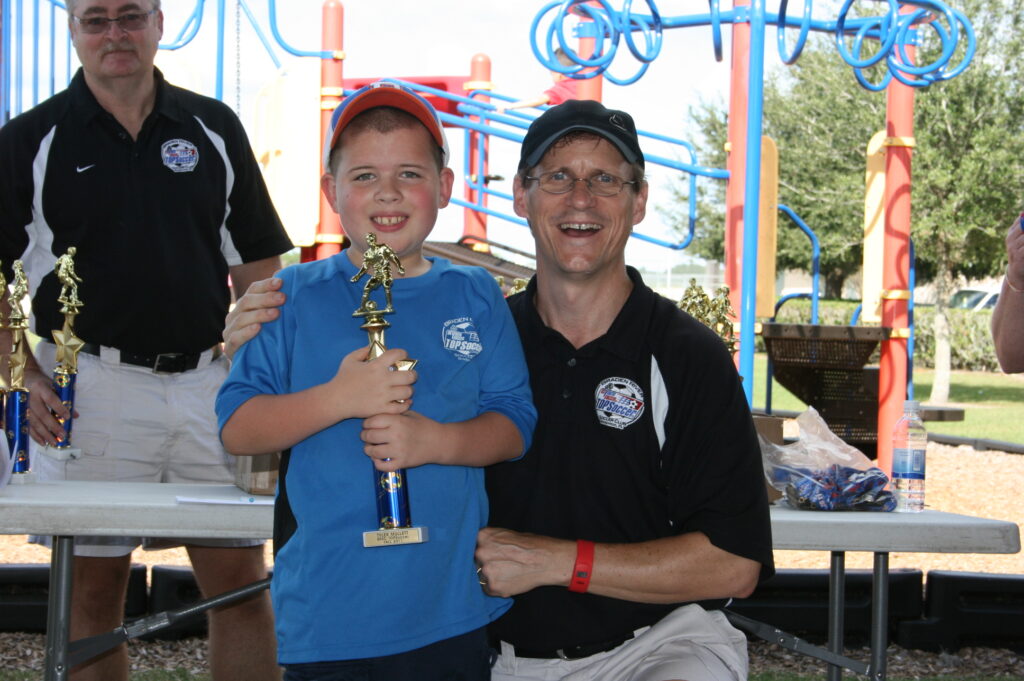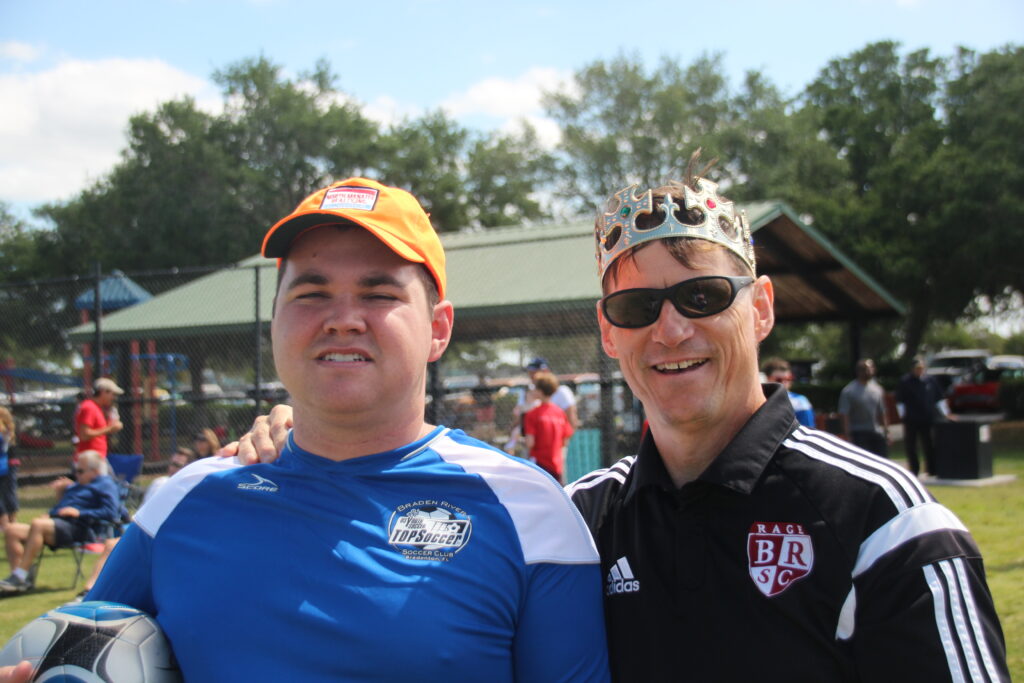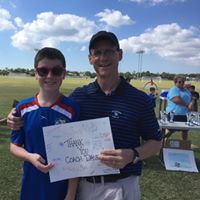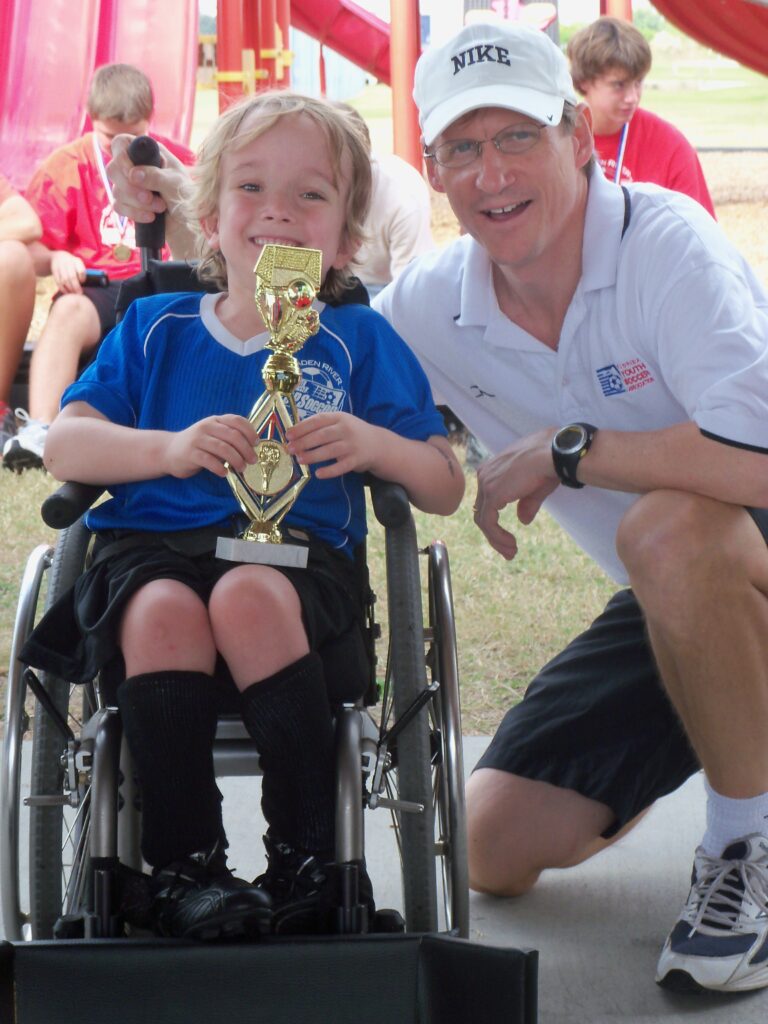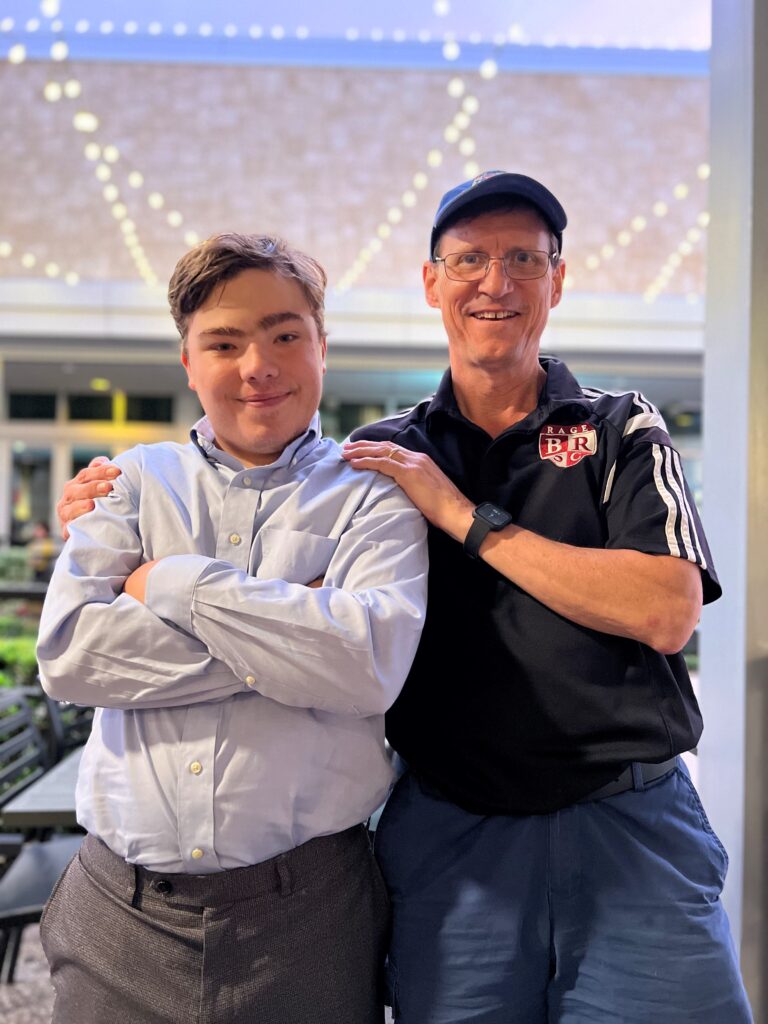Dave Robinson: Championing Inclusivity and Empowering the Disability Community
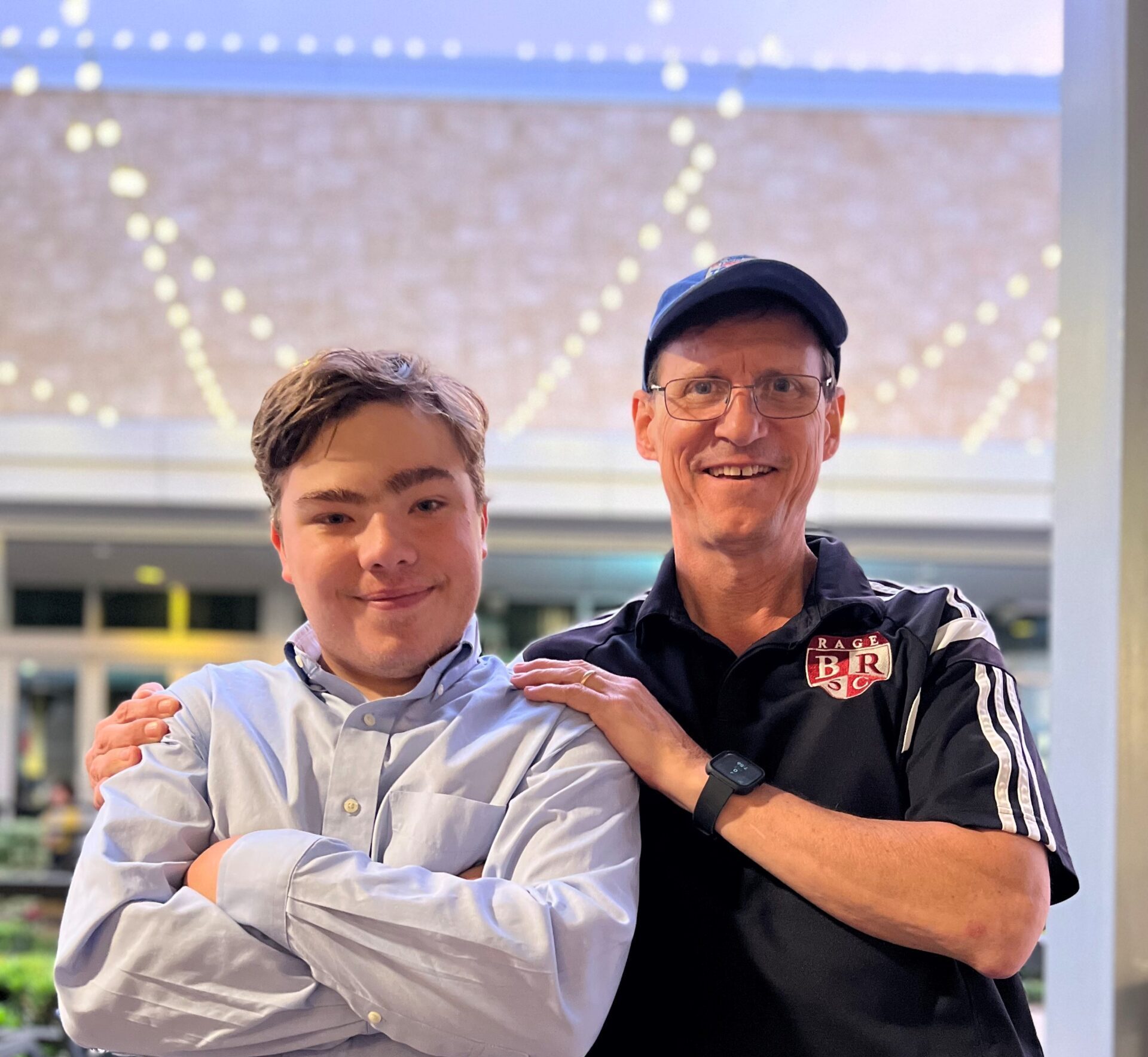
“Children with disabilities are often pushed to the sidelines in various environments, from schools to sports to social settings. Disability Pride Month is an opportunity to bring these children into the spotlight, to celebrate their unique contributions and abilities rather than focusing on their disabilities. It’s about shifting the focus from what they can’t do to what they can achieve.”
Dave Robinson’s journey into the world of renewable energy was driven by a profound passion for the environment and a desire to make a significant impact. As a Senior Project Developer on the National Renewables team at McKinstry, he spends his days engaging with clients across the country, helping them develop renewable energy solutions that align with their needs and goals. However, Dave’s story extends beyond his professional work; he also champions inclusivity and empowers individuals with disabilities through meaningful volunteer work.
Growing up, Dave played multiple sports including soccer. Later as a parent, he became involved with his three kids’ local soccer club as well. During that time, he met a parent whose child, diagnosed with autism, struggled to fit into the traditional soccer program. Hoping to help and inspired by his wife, an occupational therapist who works with children with autism and other disabilities, he researched opportunities and followed through with the launching of a local US Youth Soccer (USYS) TOPSoccer program in 2007, which would provide people with diverse abilities an opportunity to play soccer in a structured environment that is safe, fun, supportive and inclusive. The program started with 20-25 kids, and quickly grew to over 100 kids in the first year. “It started out small, but the need was so great and the response was overwhelming. Seeing the joy on kids’ and parents’ faces was moving.”
Dave eventually became Florida Youth Soccer’s TOPSoccer Chair and the USYS Southeast Region Chair, and now serves as the national Committee Chair, working to expand the program and reach more children across the country. “We’ve got maybe 15,000 kids across the country participating, but when you look at the numbers of children with various kinds of disabilities, it really is just scratching the surface, so it’s incredibly meaningful. Oftentimes the traditional use of sports just isn’t modeled or designed to support people with a variety of disabilities. It could be autism, down syndrome, cerebral palsy or brain injury — anything that could prohibit a child from playing in your typical recreational youth sports program. The one thing about our program is we’ll take anybody, whether they’re in a wheelchair, blind, hearing impaired or on the autism spectrum. We’ll bring them all together, get them on one field, make sure it’s safe, and that they have a meaningful soccer experience.”
Disability Pride Month, recognized each July, holds a special place in Dave’s heart. Marking the anniversary of the 1990 signing of the Americans with Disabilities Act (ADA), the month serves as an opportunity to celebrate and promote the disability community. “Children with disabilities are often pushed to the sidelines in various environments, from schools to sports to social settings. Disability Pride Month is an opportunity to bring these children into the spotlight, to celebrate their unique contributions and abilities rather than focusing on their disabilities. It’s about shifting the focus from what they can’t do to what they can achieve.” The month comes just before the Paralympic Games, which kick-off August 28th and further highlights the achievements and abilities of individuals in the disability community.
As the ADA laid the groundwork for greater accessibility and inclusion, Dave’s volunteer work is also expanding the community of children and families who can participate in and enjoy soccer. He envisions a world where every child, regardless of their abilities, can experience the joy and camaraderie of sports. “The benefits of sports go beyond physical health. They build confidence, foster friendships, and develop essential life skills.”
His work has transformed not only the lives of others but also his own, deepening his empathy and understanding and driving him to be a more active advocate for inclusivity in all areas of life. “I’ve learned so much from these kids. They’ve taught me about perseverance and the power of inclusion. It’s changed the way I see the world and how I interact with people. It’s been so rewarding.”
